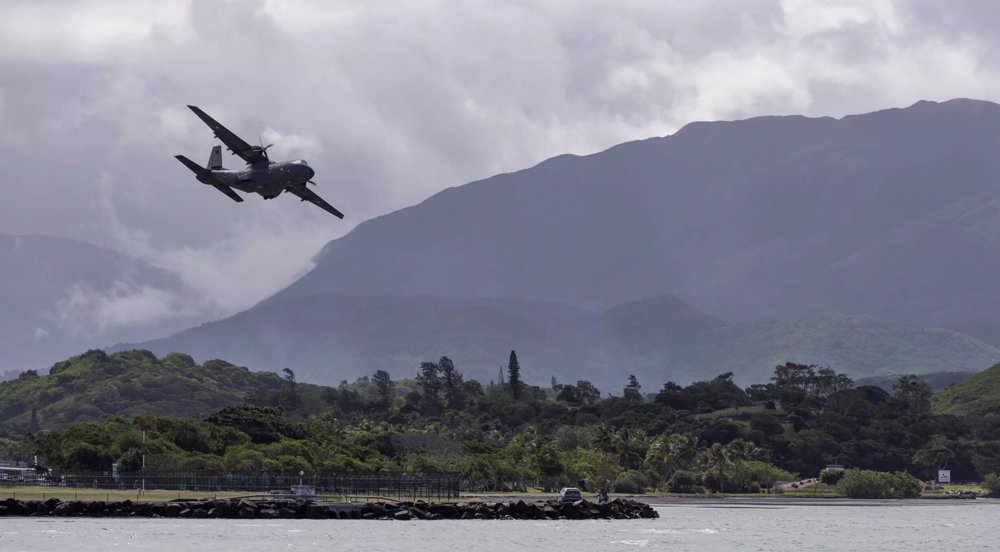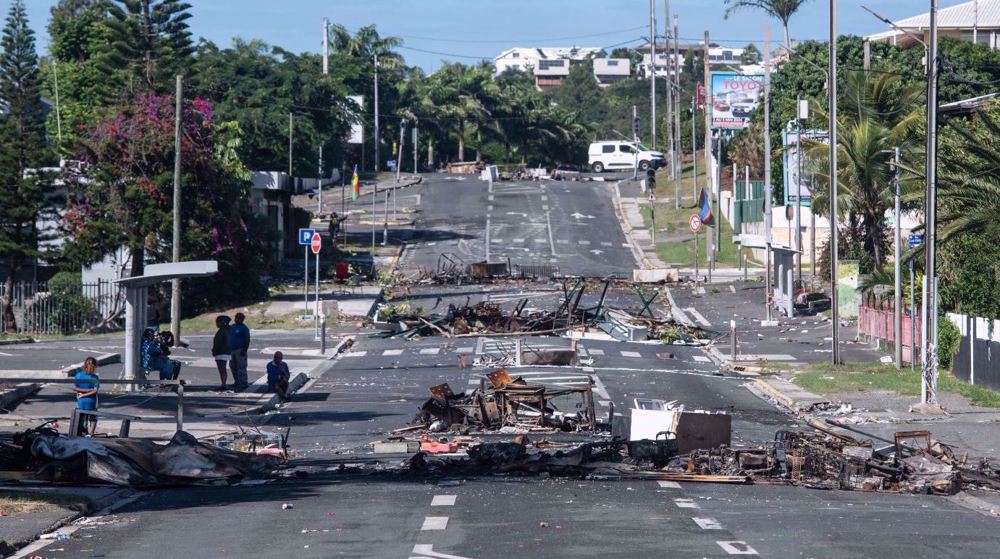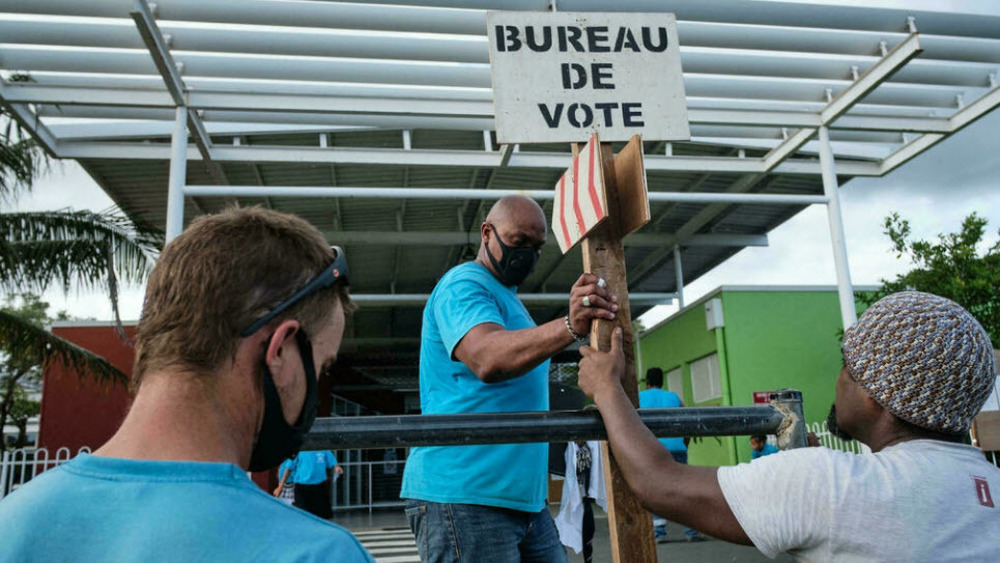Australia, New Zealand evacuating nationals from New Caledonia amid protests
Australia and New Zealand are sending planes to New Caledonia to evacuate nationals stranded in the French-ruled territory which has experienced deadly protests calling for independence.
Australia’s Foreign Minister Penny Wong on Tuesday confirmed that his country had received clearance from French officials for two flights.
The government would “continue to work on further flights,” Wong wrote on the social media platform X on Tuesday.
New Zealand Foreign Minister Winston Peters also announced that a plane would head to New Caledonia early Tuesday afternoon to repatriate around 50 passengers with the most pressing needs from Noumea, adding that it would be the first in a series of planned flights.
“New Zealanders in New Caledonia have faced a challenging few days - and bringing them home has been an urgent priority for the government,” Peters said in a statement.
New Zealand, French and Australian foreign ministers held a call on Monday evening, after New Zealand and Australia said they were waiting for clearance from French authorities to send aircraft to evacuate tourists.
About 3,000 tourists are stranded in New Caledonia, including more than 300 Australians and around 250 New Zealanders.
The planned evacuation flights come as New Caledonia’s international airport remained shut down, as Field Action Co-ordination Cell (CCAT), the activist group organizing the protests in the Pacific island, said blockades of roads would continue.
The protests erupted in the island on May 13 over electoral changes imposed by the French government in Paris that would allow tens of thousands of non-indigenous residents to vote.
Indigenous Kanaks, who make up about 40% of the Pacific territory’s population of 270,000 people, say the latest rules would dilute their vote.
CCAT described the changes as a French “colonial state” plan, noting that indigenous Kanaks had suffered from discrimination for too long.
Sonia Lagarde, mayor of Nouméa, told French daily Le Monde that the approval of the electoral changes by both houses of the French parliament should be postponed.
Meanwhile, the government heads of four other French overseas territories, including La Réunion in the Indian Ocean, Guadeloupe and Martinique in the Caribbean and French Guiana in South America, have also called for the withdrawal of the changes to avoid “civil war.”
France has sent 1,000 security forces to address the worst unrest in the territory since the 1980s that left six dead, including two gendarmes, and hundreds injured.
VIDEO | Tehran hosts 33rd International Holy Qur'an exhibition
Iraqi Resistance threatens action if US continues occupation
VIDEO | Rising from the Rubble: Worshippers return to Gaza’s Great Omari Mosque
VIDEO | New database documents systematic repression of Palestine solidarity in UK
VIDEO | Press TV's news headlines
Palestinian factions denounce US for offering ‘consular services’ inside West Bank settlement
Iran, Oman FMs meet ahead of third round of indirect nuclear talks with US
VIDEO | UN commemorates Mother Language Day with celebrations












 This makes it easy to access the Press TV website
This makes it easy to access the Press TV website